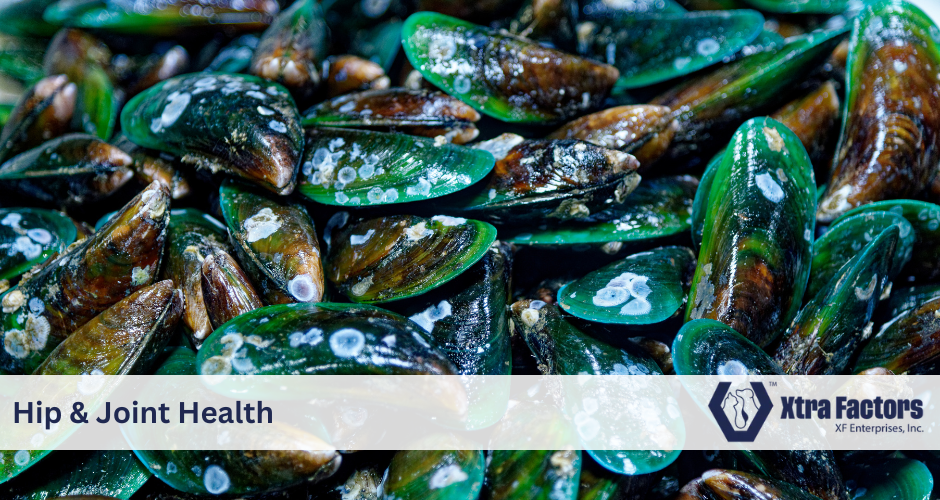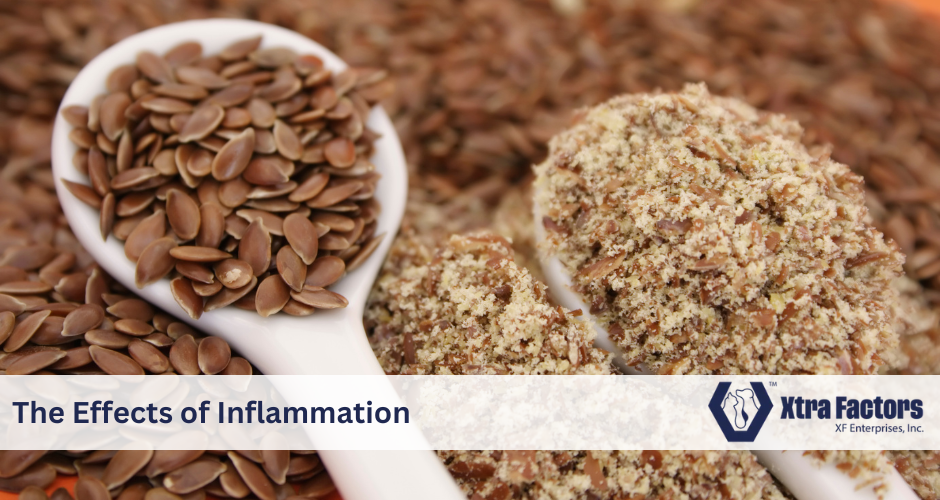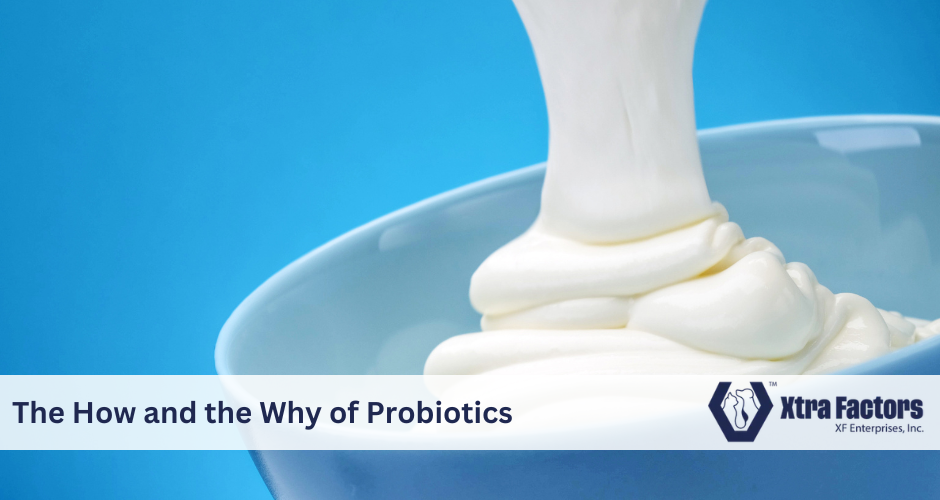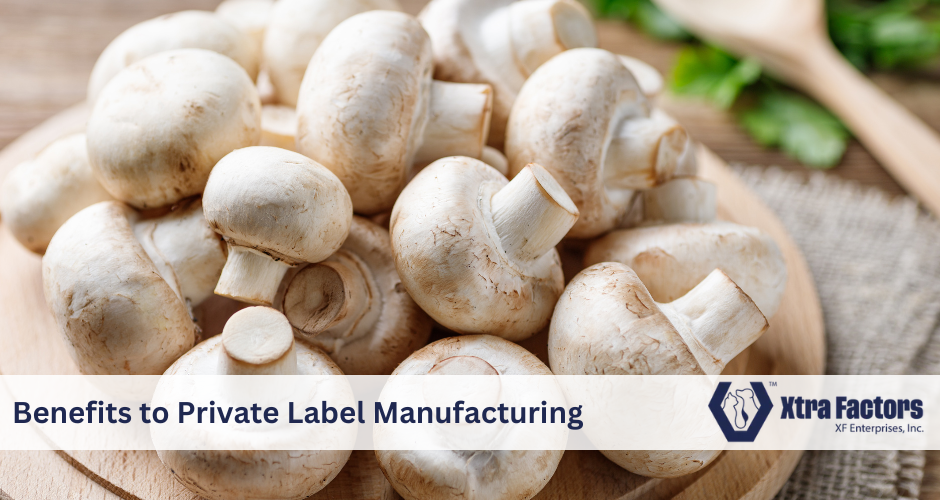Bark & Bite Bulletin
Check out our blog on all things pet nutrition, private label manufacturing, Q&As, and ingredient spotlights.

Understanding the Importance Just like humans, dogs can experience hip and joint issues as they age. These problems can lead to pain, reduced mobility, and a lower quality of life. Understanding and maintaining your dog’s hip and joint health is crucial for their overall well-being. Common Issues Hip Dysplasia: A genetic condition where the hip joint doesn’t fit properly, leading to arthritis. Arthritis: Inflammation of the joints causing pain and stiffness. Luxating Patella: A condition where the kneecap dislocates or moves out of its normal location. Signs to Watch For Limping or favoring one leg Difficulty rising, jumping, or climbing stairs Decreased activity or reluctance to play Stiffness, especially after resting Swelling or heat in the joints Preventive Measures Maintain a Healthy Weight: Excess weight puts additional stress on your dog’s joints. Regular Exercise: Moderate, low-impact activities like walking or swimming help keep joints flexible. Balanced Diet: Ensure your dog gets the right nutrients, including omega-3 fatty acids, glucosamine, and chondroitin. Comfortable Bedding: Provide a soft, supportive bed to reduce pressure on joints. Treatment Options Medications: Anti-inflammatory drugs and pain relievers prescribed by your vet. Supplements: Glucosamine, chondroitin, and omega-3 fatty acids can support joint health. Physical Therapy: Exercises and treatments to improve mobility and reduce pain. Surgery: In severe cases, surgical options like hip replacement may be necessary. Tips for Daily Care Gentle Exercise: Avoid high-impact activities that can strain joints. Massage: Regular gentle massages can help alleviate stiffness and improve circulation. Regular Vet Check-ups: Early detection and treatment can prevent further deterioration. Conclusion Taking proactive steps to maintain your dog’s hip and joint health can lead to a happier, more active life for your furry friend. Always consult with your veterinarian for personalized advice and treatment options.

Inflammation is a natural response of the body to injury or infection, but when it becomes chronic, it can lead to various health issues in our furry friends. Understanding the effects of inflammation on dogs is crucial for ensuring their well-being and longevity. What is Inflammation? Inflammation is the body’s way of protecting itself by removing harmful stimuli, such as pathogens, damaged cells, or irritants. It involves the immune system releasing white blood cells and other substances to fight off infection or heal an injury. While acute inflammation is beneficial and necessary, chronic inflammation can be harmful. Common Causes of Inflammation in Dogs Infections: Bacterial, viral, or fungal infections can trigger an inflammatory response. Allergies: Environmental allergens, food allergies, or flea bites can cause chronic inflammation. Autoimmune Diseases: Conditions like lupus or rheumatoid arthritis cause the immune system to attack the body’s own tissues. Obesity: Excess weight can lead to inflammation in joints and other tissues. Poor Diet: Diets high in processed foods and low in essential nutrients can contribute to inflammation. Symptoms to Watch For Redness and Swelling: Visible signs of inflammation, especially around joints or wounds. Pain and Stiffness: Dogs may show signs of discomfort or reluctance to move. Lethargy: Chronic inflammation can cause fatigue and decreased activity levels. Loss of Appetite: Inflammation can affect a dog’s digestive system, leading to reduced appetite. Skin Issues: Persistent itching, rashes, or hot spots can be signs of inflammatory skin conditions. Long-Term Effects Chronic inflammation can lead to serious health problems, including: Arthritis: Inflammation in the joints can cause pain and mobility issues. Heart Disease: Inflammatory processes can affect the heart and blood vessels. Diabetes: Chronic inflammation is linked to insulin resistance and diabetes. Cancer: Long-term inflammation can increase the risk of certain cancers. How to Manage and Prevent Inflammation Healthy Diet: Feed your dog a balanced diet rich in anti-inflammatory foods like fish oil, turmeric, flax seed, and leafy greens. Regular Exercise: Keep your dog active to maintain a healthy weight and reduce inflammation. Veterinary Care: Regular check-ups can help detect and manage inflammation early. Supplements: Consider supplements like omega-3 fatty acids, glucosamine, chondroitin, green lipped mussel, to support joint health. Stress Reduction: Minimize stress through regular play, mental stimulation, and a calm environment. Conclusion By understanding and addressing the causes and effects of inflammation, we can help our dogs lead healthier, happier lives. If you notice any signs of chronic inflammation in your pet, consult your veterinarian for a proper diagnosis and treatment plan.

Probiotics are live microorganisms that, when consumed in adequate amounts, confer a health benefit on the host, particularly in the realm of digestive health. For pets like dogs and cats, these beneficial bacteria are primarily found in specially formulated pet foods and dietary supplements. The primary role of probiotics in pet digestive health lies in their ability to maintain a balanced gut microbiome, which is crucial for proper digestion, nutrient absorption, and overall gastrointestinal function. The digestive systems of dogs and cats host trillions of bacteria, many of which play vital roles in breaking down food, synthesizing vitamins, and protecting against harmful pathogens. However, factors such as poor diet, stress, antibiotics, and illness can disrupt this balance, leading to digestive issues like bloating, constipation, diarrhea, and irritable bowel syndrome (IBS). Probiotics help restore this balance by replenishing the gut with beneficial bacteria. These friendly microbes work by adhering to the intestinal walls, outcompeting harmful bacteria, and producing substances that inhibit pathogen growth. Additionally, they enhance the gut's mucosal barrier, preventing harmful bacteria from entering the bloodstream. Using probiotics can provide several digestive health benefits for pets. For dogs and cats suffering from IBS, probiotics have been shown to reduce symptoms like abdominal pain, bloating, and irregular bowel movements. They are also effective in preventing and treating antibiotic-associated diarrhea by restoring the natural gut flora disrupted by antibiotic treatment. Furthermore, probiotics can aid in the management of inflammatory bowel by modulating the immune response and reducing inflammation. Beyond digestive health, emerging research suggests that probiotics may have broader health implications. Recent research has shown that probiotics may positively impact a pet's mental health. The gut-brain axis is a complex communication network linking the gastrointestinal tract and the brain. Imbalances in gut bacteria have been associated with stress, anxiety, and behavioral issues in pets. By promoting a healthy gut microbiome, probiotics can influence the production of neurotransmitters like serotonin, which plays a crucial role in mood regulation. This can lead to improved mental well-being and more balanced behavior in pets. Incorporating probiotics into a pet's diet can be a simple yet effective way to promote digestive health. Whether through specially formulated pet foods or supplements, maintaining a healthy gut microbiome is essential for overall well-being. Incorporating probiotics into a pet's diet can therefore have far-reaching benefits that extend beyond digestive health, potentially enhancing their overall quality of life. Regular use of probiotics can be a valuable component of a holistic approach to pet care, supporting not only a healthy gut but also a robust immune system, reduced inflammation, better metabolic health, and improved mental well-being.

Private label manufacturing offers a plethora of advantages for businesses looking to carve out their niche in the market. Firstly, it allows companies to exclusively showcase their brand identity, uniquely positioning themselves in the industry. By leveraging private label manufacturing, businesses can tap into a vast array of products tailored to their specifications, enabling them to offer a diverse and exceptionally curated product line. Moreover, private label manufacturing facilitates seamless scalability, empowering companies to swiftly adapt to changing market demands and effortlessly expand their product offerings. This agility fosters a sense of unprecedented flexibility, allowing businesses to stay ahead of the competition and proactively respond to consumer trends. Furthermore, private label manufacturing often results in significantly lower production costs, enabling companies to maximize profitability without compromising on quality. This cost-effectiveness opens limitless opportunities for businesses to invest in innovation, marketing, and customer engagement initiatives, thereby dynamically propelling their growth trajectory. Additionally, partnering with a private label manufacturer can foster deep collaborative relationships, characterized by mutual trust, transparency, and shared success. This synergy enables businesses to tap into the expertise and resources of their manufacturing partners, ultimately driving product innovation and market differentiation. In essence, private label manufacturing empowers businesses to unleash their full potential, offering a myriad of benefits ranging from unparalleled brand customization to enhanced cost efficiency and collaborative partnerships. It serves as a catalyst for inspirational growth and profound market impact, enabling businesses to realize their aspirations and thrive in today's dynamic business landscape. PET HEALTH Q&A: HOW CAN ANTIOXIDANTS HELP MY PET? Antioxidants play a vital role in supporting your pet's health by combating free radicals, which can cause cellular damage and contribute to aging and disease. By neutralizing these harmful molecules, antioxidants help strengthen your pet's immune system, protect against oxidative stress, and promote overall well-being. Incorporating antioxidant-rich foods or supplements into your pet's diet can contribute to their longevity and vitality.

